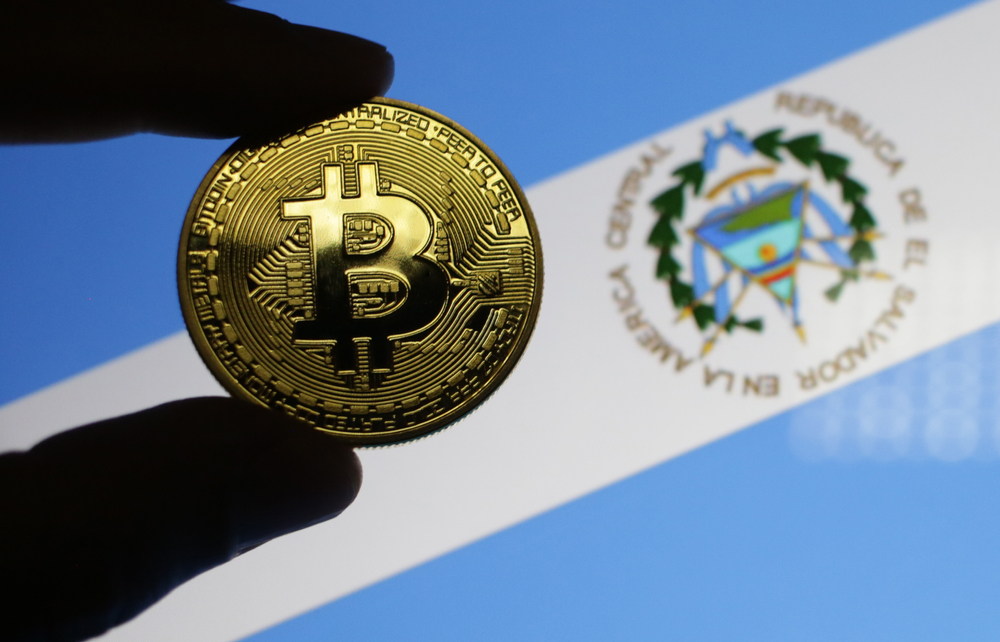Europol calls for greater Bitcoin policing powers
Concerns raised over use of crypto currencies for criminal activities.


Europol, the EU's policing agency, has called for police to be given greater powers to identify criminals using crypto currencies to launder money on the internet.
While users of virtual currencies are not by definition carrying out illegal activities online, they have proved a popular method of transacting on the internet as they are highly anonymous and, by reputation, untraceable.
A new report from Juniper Networks has shown digital monies such as Bitcoin and Litecoin are increasingly the only form of payment accepted by cyber criminals, thanks to these attributes, which also make them easier to launder.
Guest editor's thoughts
There are clear benefits to organisations using bitcoins. Cheap transaction fees, no credit card details to store and hence no PCI issues or hackers trying to get your customer details to name but three. However, if Bitcoins are going to be embraced by the general public, rather than the tech savy few, then their image, in my opinion, needs some work. I for one will certainly want to be happy that I have the same protection and rights I currently enjoy with other payment methods before the allure of a single currency with low/no exchange rate can persuade me to change. I will also want to be 100 per cent convinced that they're not going to suddenly disappear if/when an exchange goes bankrupt. What I want is a paypal for bitcoins...perhaps a new business idea for David Marcus or Carl Icahn? Liam Quinn, IT director, Richmond Events
According to Reuters, Wainright said police forces do not have sufficient powers to operate online and identify groups using the so-called dark net to carry out illicit transactions using digital currencies.
Crypto currencies have experienced a tumultuous 12 months, gaining lots of bad press in the process.
Get the ITPro daily newsletter
Sign up today and you will receive a free copy of our Future Focus 2025 report - the leading guidance on AI, cybersecurity and other IT challenges as per 700+ senior executives
In October 2013, the FBI shut down notorious underground marketplace Silk Road, arrested its alleged founder Ross William Ulbricht and was attempting to seize 600,000 Bitcoins (approximately 48.5 million) in assets.
Additionally, in January 2014, the vice chairman of the Bitcoin Foundation, Charlie Shrem, was arrested and charged by US prosecutors for allegedly conspiring to commit money laundering in relation to Silk Road. His trial is due to start in November.
Furthermore, two Bitcoin exchanges, Mt. Gox and Flexcoin, were forced to shut down early this year following hacking attacks that saw them jountly lose millions of pounds worth of customers' Bitcoins.
In addition to greater policing powers with regard to cryptocurrencies, there have also been calls to normalise their legal and regulatory status.
The European Banking Authority has said it is examining the use of virtual monies and considering possible Europe-wide regulation. Japan, on the other hand, has called for any regulation to be global, in order to avoid loopholes.
Meanwhile, although the UK Financial Conduct Authority has said it does not regulate digital currencies and has no intention of doing so, in March HMRC did changed the way they are taxed, meaning users will be charged income tax, capital gains tax and corporation tax on any profits they make.

Jane McCallion is Managing Editor of ITPro and ChannelPro, specializing in data centers, enterprise IT infrastructure, and cybersecurity. Before becoming Managing Editor, she held the role of Deputy Editor and, prior to that, Features Editor, managing a pool of freelance and internal writers, while continuing to specialize in enterprise IT infrastructure, and business strategy.
Prior to joining ITPro, Jane was a freelance business journalist writing as both Jane McCallion and Jane Bordenave for titles such as European CEO, World Finance, and Business Excellence Magazine.
-
 The Race Is On for Higher Ed to Adapt: Equity in Hyflex Learning
The Race Is On for Higher Ed to Adapt: Equity in Hyflex LearningBy ITPro
-
 Google faces 'first of its kind' class action for search ads overcharging in UK
Google faces 'first of its kind' class action for search ads overcharging in UKNews Google faces a "first of its kind" £5 billion lawsuit in the UK over accusations it has a monopoly in digital advertising that allows it to overcharge customers.
By Nicole Kobie
-
 IMF urges El Salvador to remove Bitcoin as legal tender
IMF urges El Salvador to remove Bitcoin as legal tenderNews The country sought a $1.3 billion loan from the IMF last year, although this has been reportedly hindered by the fund’s Bitcoin concerns
By Zach Marzouk
-
 Cryptocurrency: Should you invest?
Cryptocurrency: Should you invest?In-depth Cryptocurrencies aren’t going away – but big questions remain over their longevity, the amount of energy they consume and the morals of investing
By James O'Malley
-
 IT Pro News in Review: Record profits in tech, hackers turn to new languages for malware, Amazon's Bitcoin plans
IT Pro News in Review: Record profits in tech, hackers turn to new languages for malware, Amazon's Bitcoin plansVideo Catch up on the most important news of the week in just two minutes
By ITPro
-
 El Salvador offers its citizens free Bitcoin
El Salvador offers its citizens free BitcoinNews Bukele doubles down on crypto commitment with a giveaway
By Danny Bradbury
-
 Square and Blockstream to build a solar Bitcoin mining facility
Square and Blockstream to build a solar Bitcoin mining facilityNews Solar mining plant will aim to temper concerns of power consumption from Bitcoin mining
By Danny Bradbury
-
 What are altcoins and how do they work?
What are altcoins and how do they work?In-depth The alternatives to Bitcoin explained
By Rene Millman
-
 Steve Wozniak sues YouTube over Bitcoin scam videos
Steve Wozniak sues YouTube over Bitcoin scam videosNews Lawsuit claims YouTube is aware of the Bitcoin giveaway scams but hasn’t taken videos down
By Sarah Brennan
-
 Bitcoin scam exposes the personal details of 250,000 people
Bitcoin scam exposes the personal details of 250,000 peopleNews The UK and Australia represent approximately 93% of users hit by the crypto-scam
By Tyler Omoth